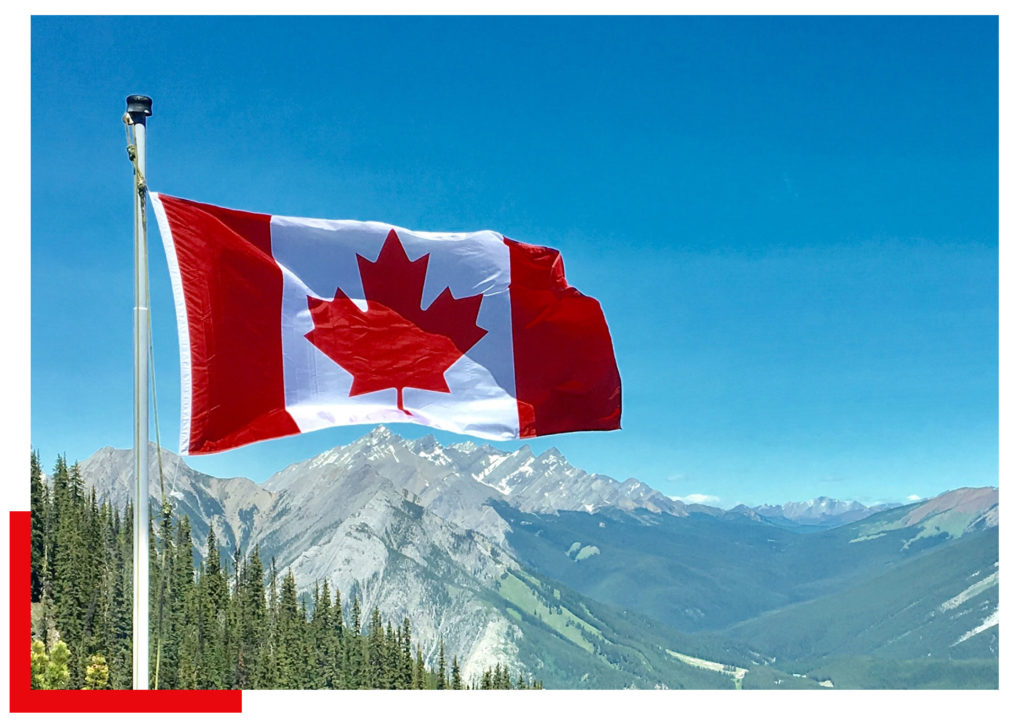

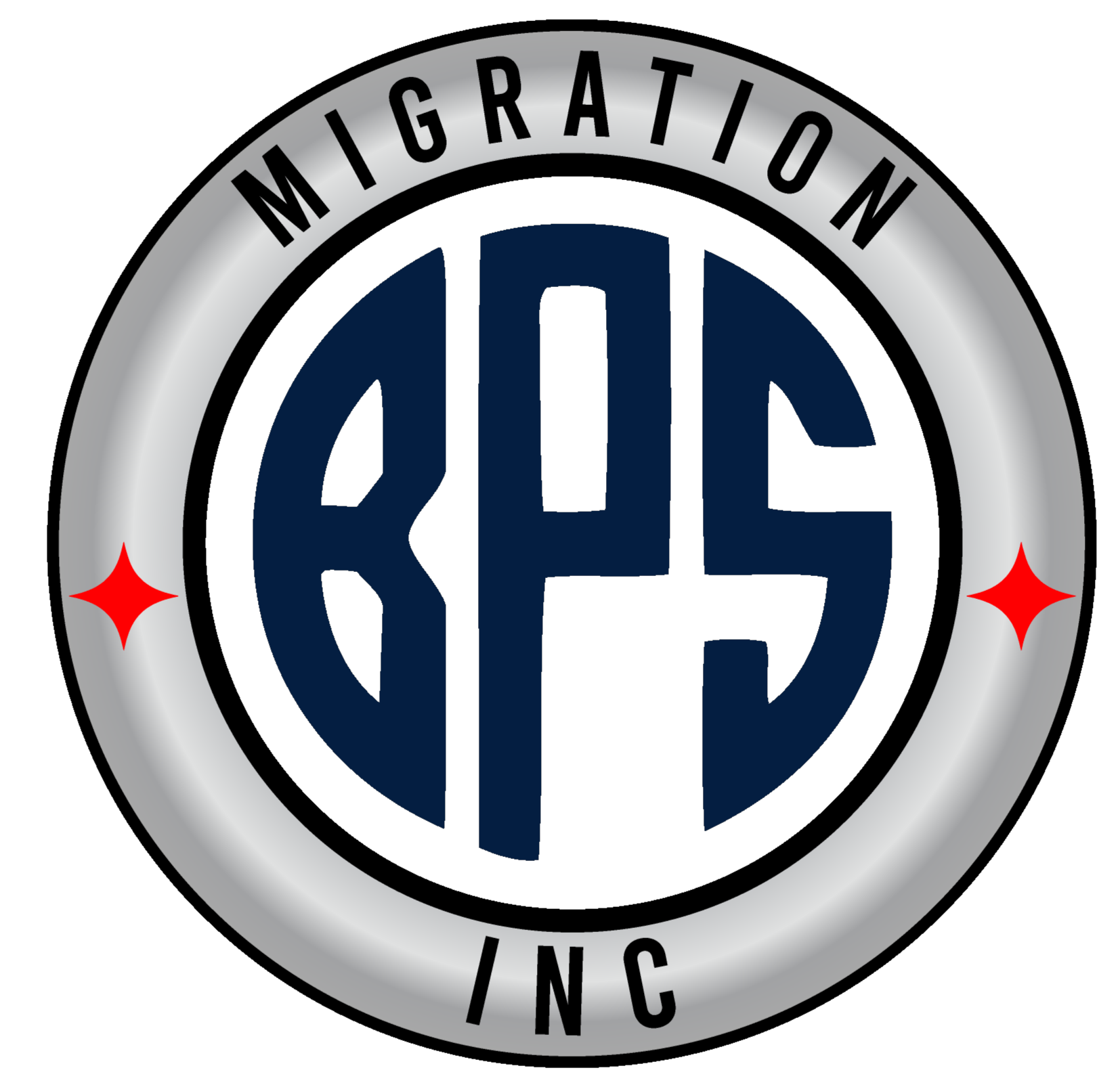

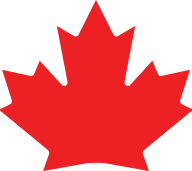

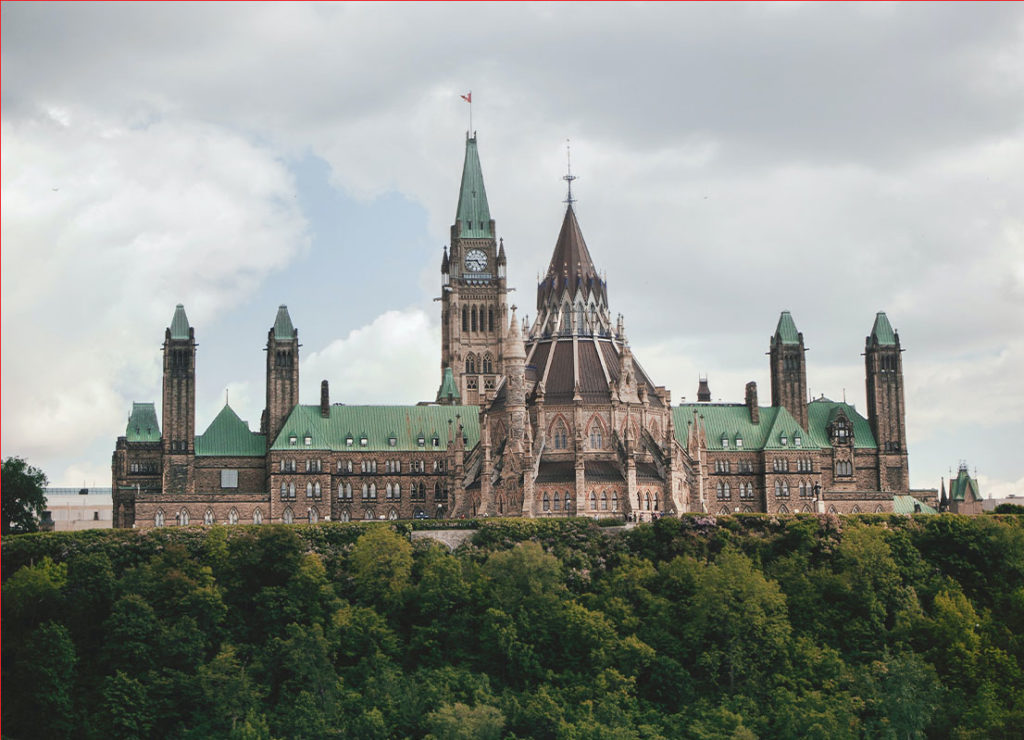

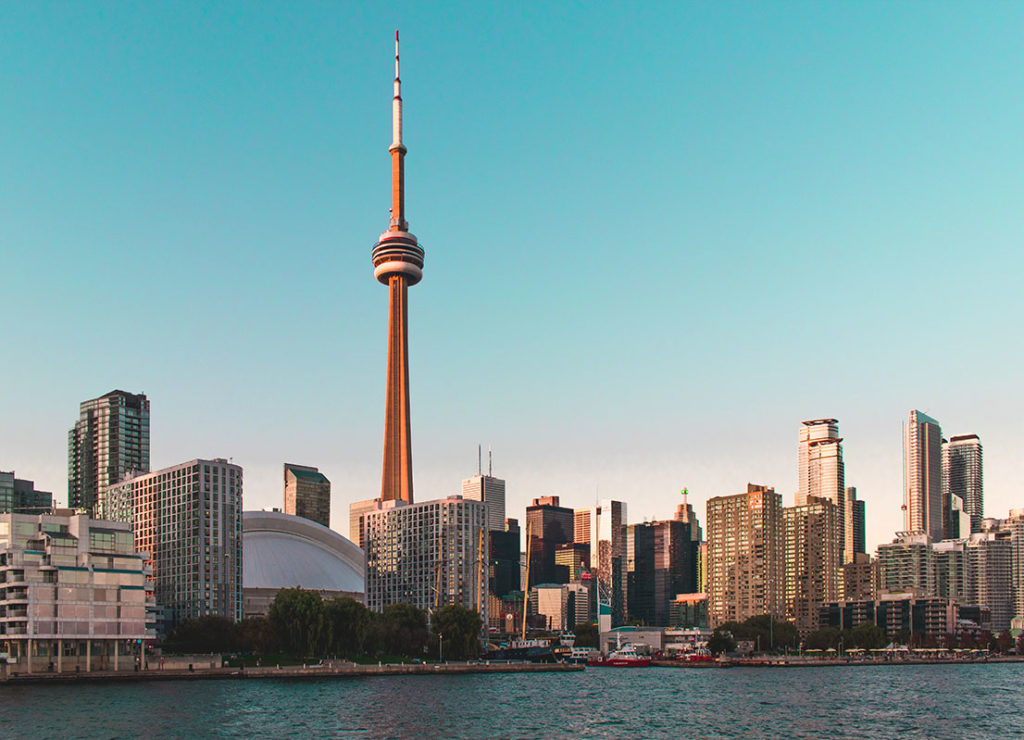

A visa is an official document that allows the bearer to legally enter a Canada. There are several different types of visas, each of which afford the bearer different rights in Canada.
A Visitor’s visa or a Temporary Residence Visa is required for individuals who wants to visit Canada for business or for leisure. Not all countries require a Temporary Residence Visa (TRV) to enter Canada.
Visit Entry Requirements for a list of exempted countries
Work permit visas are required for individuals who wish to take on employment in Canada. There are several types of work permits such as an Open Work Permit that allows the individual to work for any employer.
A Post Graduate Work Permit Work Permit is a type of Open Work Permit which is granted to graduates from a Canadian college/university.
A Study Permit is a visa that allows the individual enrolled in a school in Canada to live and study in Canada.
Spousal visas allow the allow spouses, common-law partners, conjugal partners, parents/grandparents, dependents and other eligible family members to live in Canada permanently.
Super-visa allows parents and grandparents to live in Canada for up to five years.
